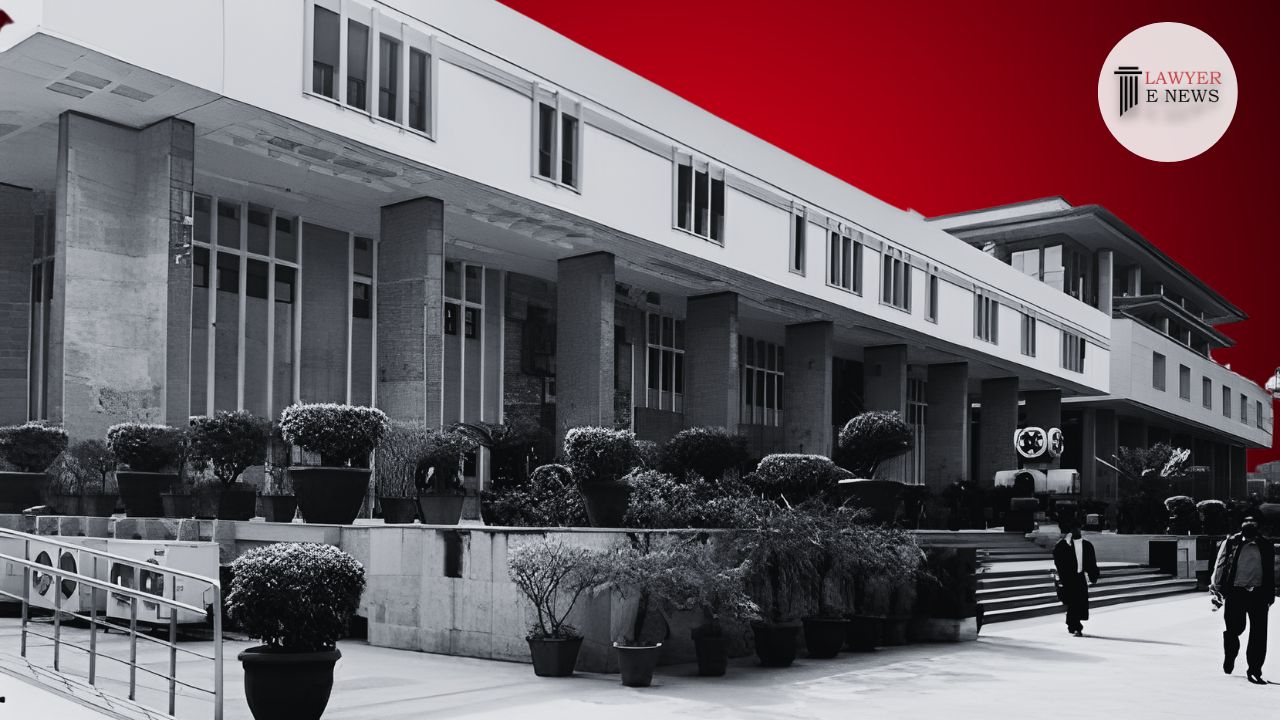-
by Admin
19 February 2026 3:14 PM



In a latest judgment, the Delhi High Court clarified the legal standing of non-projectile guns used in the entertainment industry. The court, led by Hon'ble Mr. Justice Rajiv Shakdher and Hon'ble Mr. Justice Amit Bansal, ruled that such guns, used primarily for TV shows, films, and theatrical performances, do not fall under the definition of "firearms" as per the Arms Act, 1959, thus not requiring a license.
The petitioner, Rajesh Kumar Lalan Goswami, represented by Mr. Chinmoy Pradeep Sharma, Senior Advocate, argued that the guns imported by him, which do not release a projectile, should be exempt from licensing requirements under the Arms Act. The court observed, "It is the petitioner’s case that since the guns imported do not release a projectile, they do not fall within the purview of the definition of 'firearms' as provided under Section 2(e) of the Arms Act, 1959 [in short, '1959 Act']." This pivotal observation formed the crux of the court's decision.
Further deliberation focused on the nature of the imported guns, which only fire blank cartridges, producing sound but not a projectile. The court noted, "What is fired are blank cartridges which emit sound but not a projectile." This technical distinction was significant in the court's evaluation of whether such items qualify as firearms.
The court also addressed the Arms Rules, 2016, and a specific exemption notification dated 18.07.2016 for "firearm replicas." The petitioner contended that the imported guns were akin to these replicas, as they similarly did not discharge a projectile.
In a constructive move, the court suggested the petitioner make a representation to the Ministry of Home Affairs (respondent no.2), allowing the authorities to review the forensic report and related materials. This step is seen as a way to facilitate a more detailed examination of the technical aspects of the guns in question.
The judgment concluded with the court disposing of the writ petition and directing the petitioner to submit a comprehensive representation to the Ministry of Home Affairs, to be considered and responded to within eight weeks.
Date of Decision: 12 January 2024
RAJESH KUMAR LALAN GOSWAMI VS UNION OF INDIA AND ANR.
